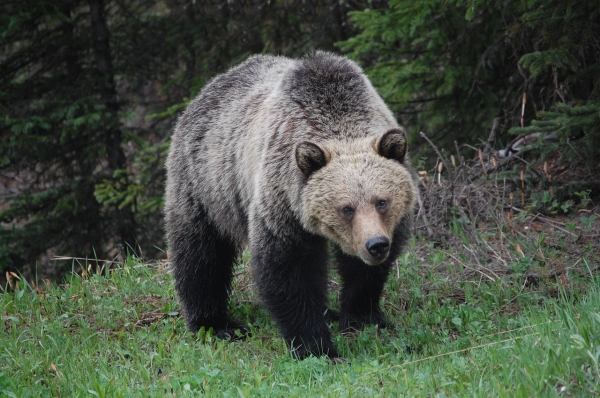A Colorado State University experiment spanning more than two decades has found that removal of apex predators from an ecosystem can create lasting changes that are not reversed after they return – at least, not for a very long time.
A Colorado State University experiment spanning more than two decades has found that removal of apex predators from an ecosystem can create lasting changes that are not reversed after they return – at least, not for a very long time.
The study, funded by the National Science Foundation and published in Ecological Monographs, challenges the commonly held belief that the reintroduction of wolves to Yellowstone National Park restored an ecosystem degraded by their absence.
Researchers in CSU’s Warner College of Natural Resources examined the effects of three apex predators – carnivores at the top of the food chain not preyed on by other animals – in Yellowstone. Depleted populations of cougars and grizzly bears naturally recovered about the same time wolves were reintroduced to the park in 1995. The absence of these predators for nearly a century transformed the food web and landscape.
Yellowstone’s northern range shifted from willow and aspen stands along small streams with beaver activity to grasslands due to intensive browsing by elk. The widespread changes stabilized into an alternative ecological state that resisted returning to previous conditions once the carnivores were restored, according to authors of the study, Tom Hobbs and David Cooper.
Read more at Colorado State University
Photo Credit: ArthurTopham via Pixabay




